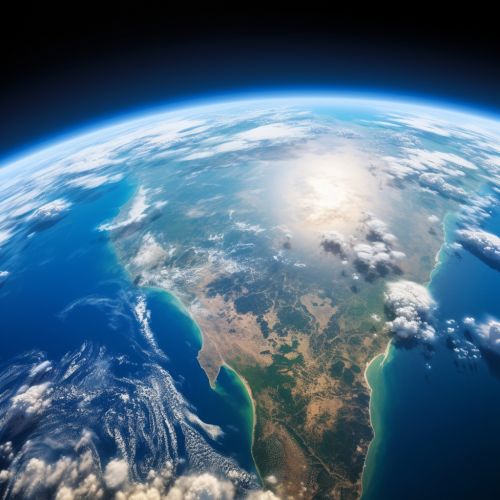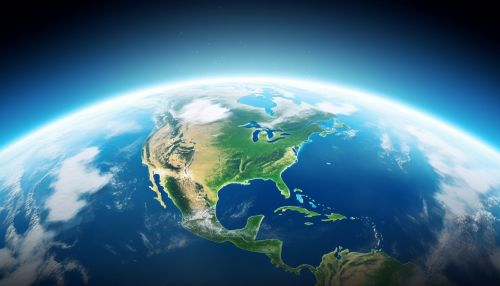Geosciences
Introduction
Geosciences, also known as earth sciences, is a broad term that encompasses various scientific disciplines that study the Earth and its many processes. This field of study includes disciplines such as geology, meteorology, oceanography, and paleontology, among others. These disciplines collectively aim to understand the history of the Earth, its present conditions, and predict future changes.


Geology
Geology is a fundamental branch of geosciences that focuses on the solid Earth, its rocks, and the processes by which they change over time. It includes the study of sedimentology, petrology, mineralogy, and structural geology. Geologists also study plate tectonics, the theory that explains how the Earth's crust is divided into large and small plates that move over time, causing earthquakes, volcanic activity, and the creation of mountain ranges.
Meteorology
Meteorology is the study of the atmosphere and its phenomena, with a particular focus on weather processes and forecasting. Meteorologists use scientific principles to observe, explain, and forecast our weather. This discipline involves the study of atmospheric physics, climatology, and weather forecasting. It also includes the study of atmospheric chemistry, which is concerned with the chemical composition and reactions occurring in the Earth's atmosphere.
Oceanography
Oceanography involves the study of the ocean and its processes. This discipline is divided into several sub-disciplines, including physical oceanography, which examines the properties of seawater and its movement; chemical oceanography, which studies the chemical composition of seawater and the processes that control and alter it; biological oceanography, which investigates the organisms in the ocean and their ecology; and geological oceanography, which studies the geology of the ocean floor and coastal margins.
Paleontology
Paleontology is the study of the history of life on Earth through the examination of plant and animal fossils. This includes the study of body fossils, tracks, burrows, cast-off parts, fossilised feces (coprolites), and chemical residues. By studying fossils, paleontologists learn about the history of species, their evolution, what they ate, and their environment.
